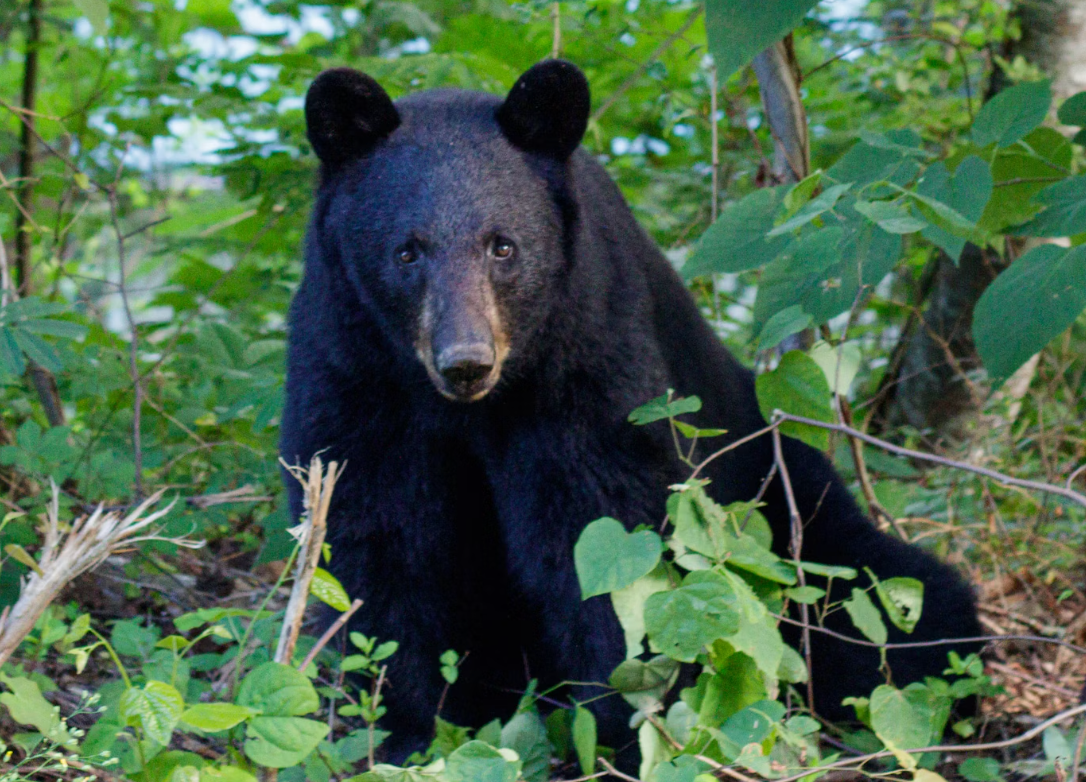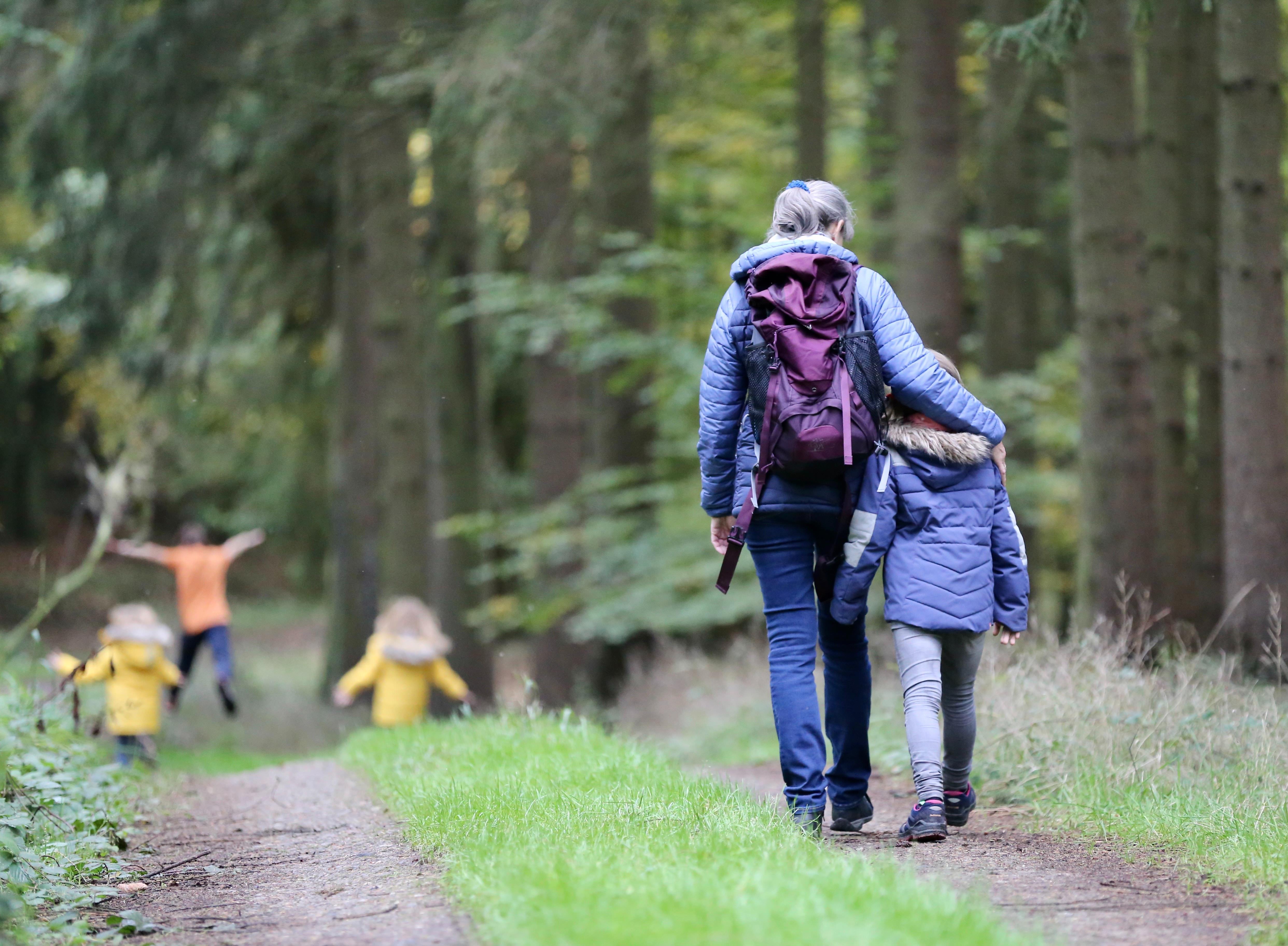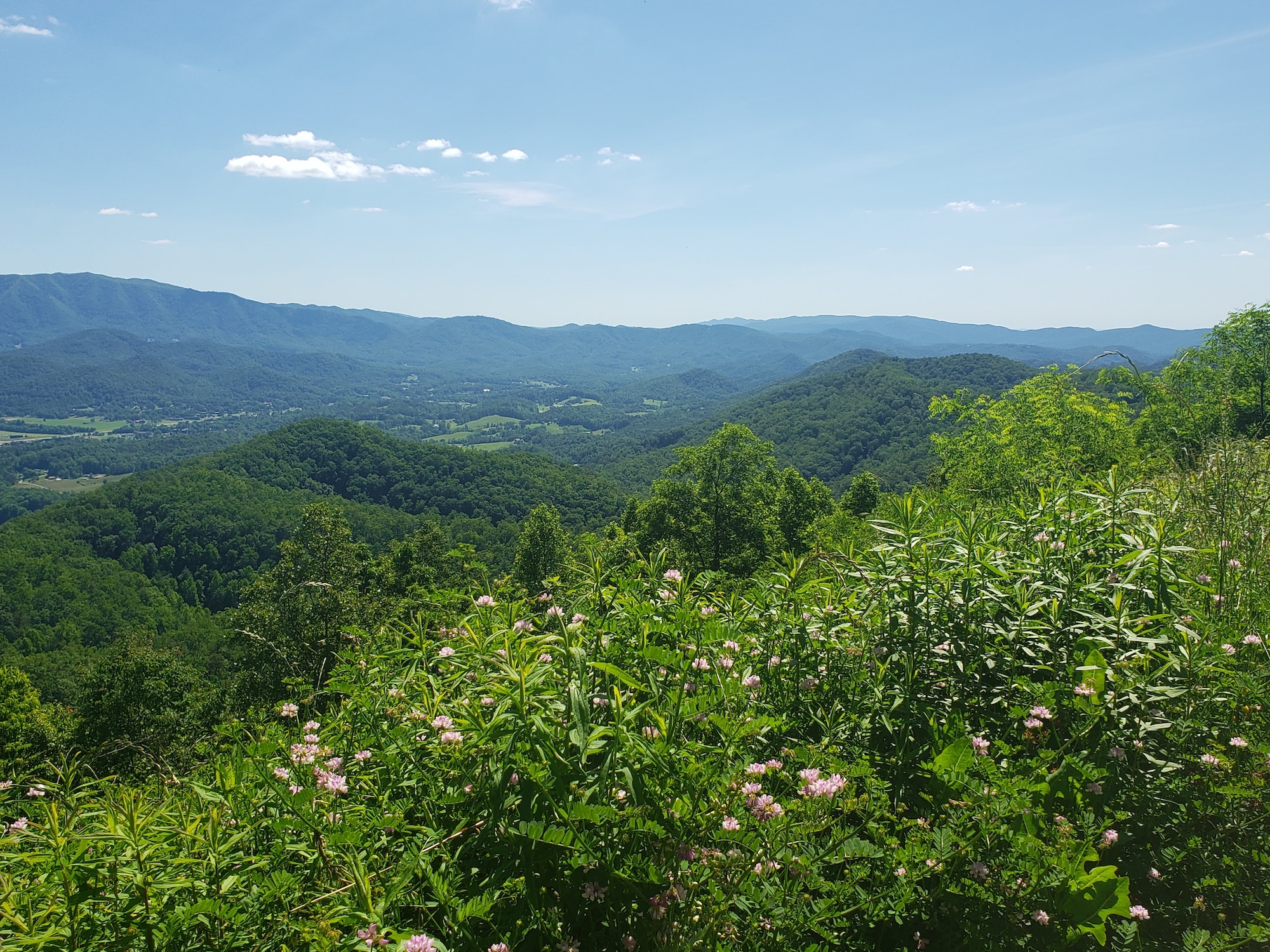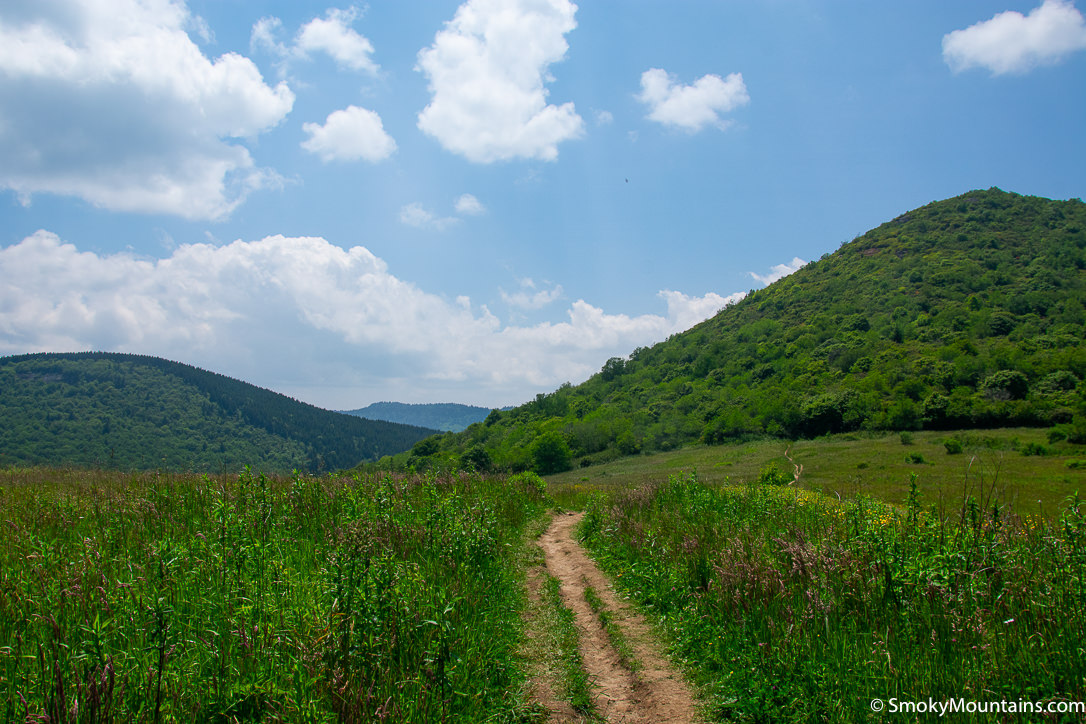Bear sightings in the Smoky Mountains are on the rise with recent reports of the animals getting trapped in cars and wandering the public streets becoming more and more common.
Bears may look cute and fuzzy, but adult male bears can weigh as much as 600 pounds (that’s a whole lotta bear!) Luckily, by implementing a few simple precautions, you can still safely enjoy the beautiful Smoky Mountains.
1. Secure Food and Garbage
Food, even in sealed packages, should not be left outside of your cabin. Bears have no trouble opening packages of food or containers holding food, and they will do so if given the opportunity. Any trash generated on hiking trails should be brought back out with you and disposed of in the park’s bear-proof dumpsters.
Remember that non-human food is attractive to bears, so keep bird feeders and pet food inside too. By keeping your garbage and food inaccessible to bears, you’re helping protect them.
2. Keep Distance of at Least 50 Yards
This advice comes from Smoky Mountain park rangers. Bears are wild, unpredictable animals. In the Great Smoky Mountains National Park, willfully approaching a bear is illegal and can get you fined, arrested, or seriously injured.
Instead of approaching a bear, get your bear-sighting fix with binoculars, or use one of the park’s spotting scopes.
3. Know What to Do If You See a Bear
If you see a bear, remain watchful. If your presence causes the bear to change its behavior, you’re too close. Being too close to a bear may encourage aggressive behavior like running toward you, making loud noises, or paw-swatting.
Slowly increase the distance between you and the bear; the bear will likely do the same. Watch this short video for more information.
Other general tips like speaking calmly, not making any loud noises, and making yourself seem as large as possible are also vital in a situation like this.
4. Know What to Do If a Bear Persistently Follows or Approaches You
Though it’s extremely unlikely, it’s important to know what to do in case you encounter an aggressive bear. First, change your direction. If the bear continues to follow you, stand your ground. Act aggressively by throwing non-food objects, such as rocks, at the bear.
If you’re with others, act together as a group to intimidate the bear. Grab an object, like a stick, to protect yourself if one is available.
5. Plan Your Hikes and Scenic Drives with Bear Behavior in Mind
The National Park Service’s website has a page detailing which hiking trails and park areas are currently closed because of increased bear activity.
Closings are usually minimal and temporary; the park offers plenty of other safe options for hiking.
For more information, see the National Park Service’s resources about bear behavior and precautions. The bears of the Smoky Mountains thank you for your efforts toward keeping them safe in their natural habitat.




